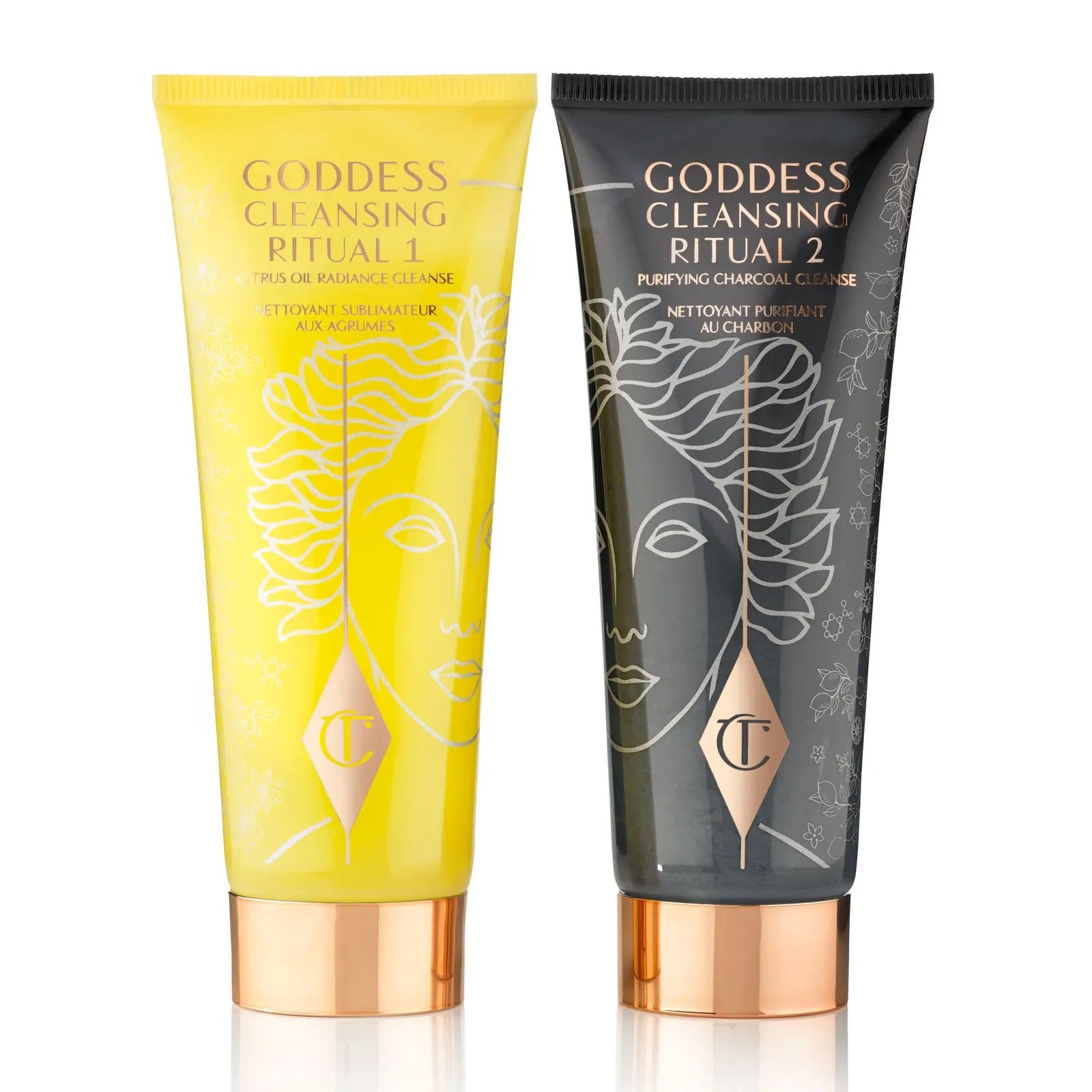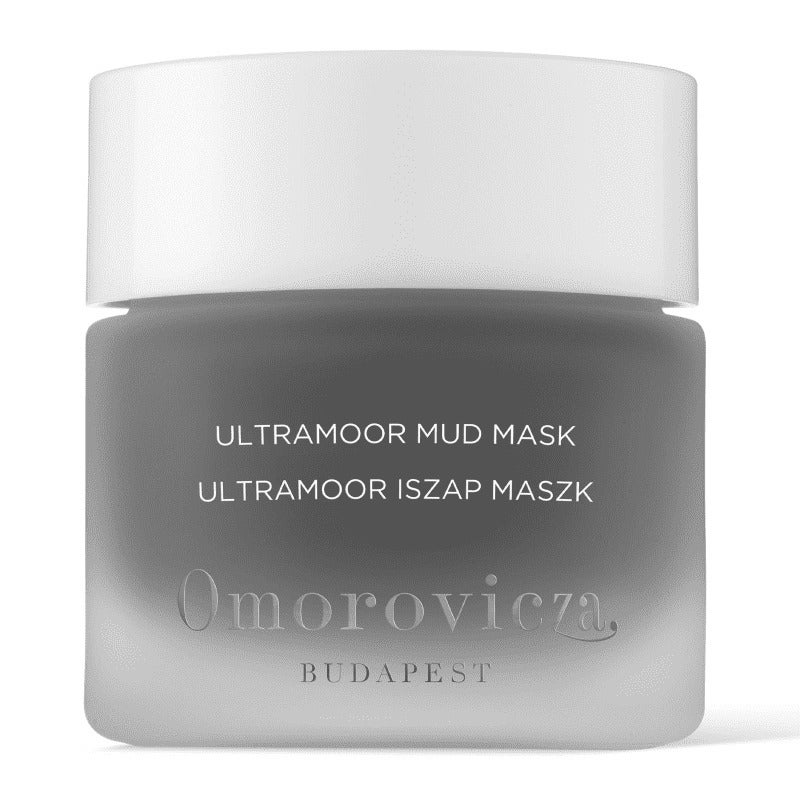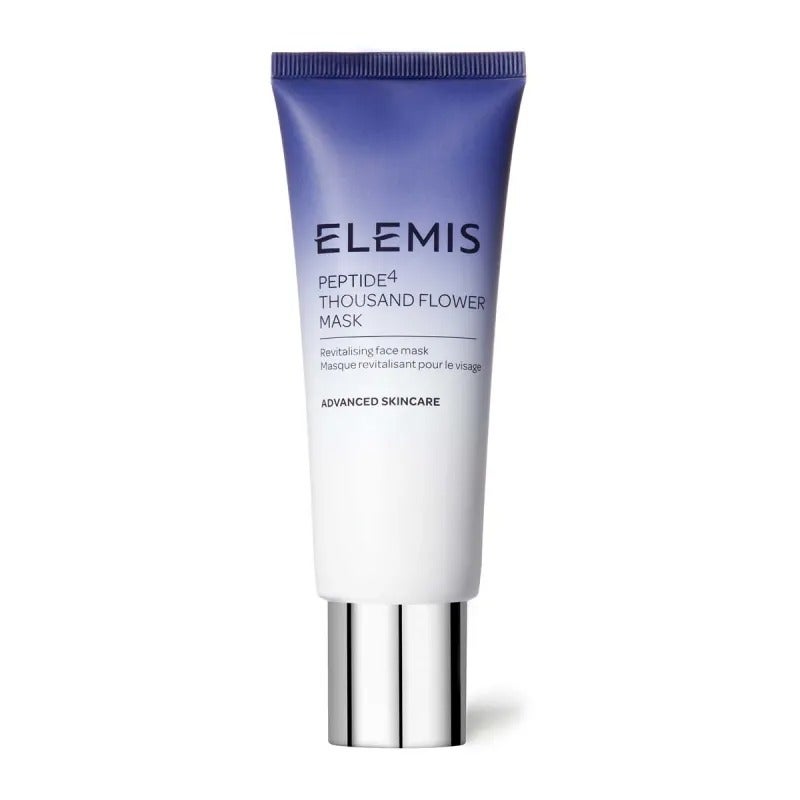This Ingredient Brightens Dull Skin Like Vitamin C, Without The Irritation
Photographed by Myesha Evon Gardner.
Vitamin C is a skincare ingredient that dermatologists and beauty experts can't get enough of. Not only does it brighten skin and reduce pigmentation but it's an antioxidant, which means it protects skin against dulling environmental factors such as pollution. In other words, if glowing skin is your goal, vitamin C will help get you there.
Vitamin C is especially popular in fast-acting serums but it's not without its downsides. For a lot of people with sensitive skin, a daily dose of vitamin C can potentially cause aggravation, like tingling and redness. It's also quite difficult to stabilize vitamin C formulas and when exposed to air, their effectiveness drops significantly. That explains why some of your trusty vitamin C skincare products might take on an orange tinge over time (they're close to expiring).
AdvertisementADVERTISEMENT
While the demand for vitamin C shows no sign of slowing down, skin experts are talking about another buzzy new ingredient. This one boasts the same radiance-enhancing, skin-protecting abilities as vitamin C, without the irritation or faff – and it's called fulvic acid.
What is fulvic acid in skincare?
Fulvic acid is still under the radar in skincare but a small handful of brands have begun to formulate their products with the ingredient, touting it as the next big thing. Its origins aren't very glamorous, mind you. "Fulvic acid is a substance derived from the humus of soil," says Ifeoma Ejikeme MD, founder, medical director and skin expert at Adonia Medical Clinic. Without sounding too much like a biology lesson, humus is a dark organic matter which forms in soil when plants decay. Don't let that put you off, though, as it has some great skin benefits.
According to Colette Laxton, cofounder of skincare brand The Inkey List, fulvic acid is not an exfoliating acid like glycolic acid or salicylic acid, nor is it a hydrating acid like hyaluronic acid. Instead, it sits in its own category as an organic acid. Fulvic acid may not be so popular in the UK and North America, but Colette says that skincare obsessives in the East have been using the ingredient for a long time, as it has its roots in Chinese medicine. She adds that it is not as intense as vitamin C, is designed for the most sensitive of skin types and is beneficial for treating a handful of skin conditions.
AdvertisementADVERTISEMENT
What are the skin benefits of fulvic acid?
Like vitamin C, fulvic acid is an antioxidant ingredient, which means it can protect skin against environmental factors such as pollution, smoke and UV light. These can otherwise have a dulling effect on skin. Fulvic acid can be used on its own in a skincare product but it's great teamed with a vitamin C serum or sunscreen for a boosted brightening effect, says Colette.
Fulvic acid has also been studied for its anti-inflammatory benefits, explains Dr Ejikeme, and it works to bring down skin redness and swelling. Research suggests it is beneficial in reducing the uncomfortable skin side effects of eczema, psoriasis and atopic dermatitis (skin that becomes itchy, cracked and sore), as well as inflammatory acne. There's also a third benefit: it's antibacterial.
How do you use fulvic acid in skincare?
Dr Ejikeme mentions that fulvic acid is usually found in creams and lotions but beauty brands are including the ingredient in face masks and cleansers.
Omorovicza's Ultramoor Mud Mask is a beauty editor favourite. It soaks up excess oil and neutralizes dirt and impurities. Elemis' Peptide4 Thousand Flower Mask is a little gentler and harnesses fulvic acid and exfoliating lactic acid for skin that appears fresh, radiant and glowy. R29's star product is The Inkey List's Fulvic Acid Brightening Cleanser, which is a kind-to-skin gel cleanser. Peat (high in fulvic acid) is suspended in the formula, which cuts through makeup and makes skin appear brighter and more even in tone over time.
AdvertisementADVERTISEMENT
Fulvic acid skincare products can be used in the morning or evening but to maximize the antioxidant effects throughout the day, it's probably best used as part of your AM skincare routine.
Are there any side effects of using fulvic acid in skincare?
Fulvic acid has calming properties but Dr Ejikeme says it should always be used as advised, so be sure to follow the instructions on the label of your chosen skincare product. Like with all skincare products, if you happen to notice any redness or irritation, stop using the product immediately and if required, contact a skin specialist.
At Refinery29, we’re here to help you navigate this overwhelming world of stuff. All of our market picks are independently selected and curated by the editorial team. If you buy something we link to on our site, Refinery29 may earn commission.
AdvertisementADVERTISEMENT









